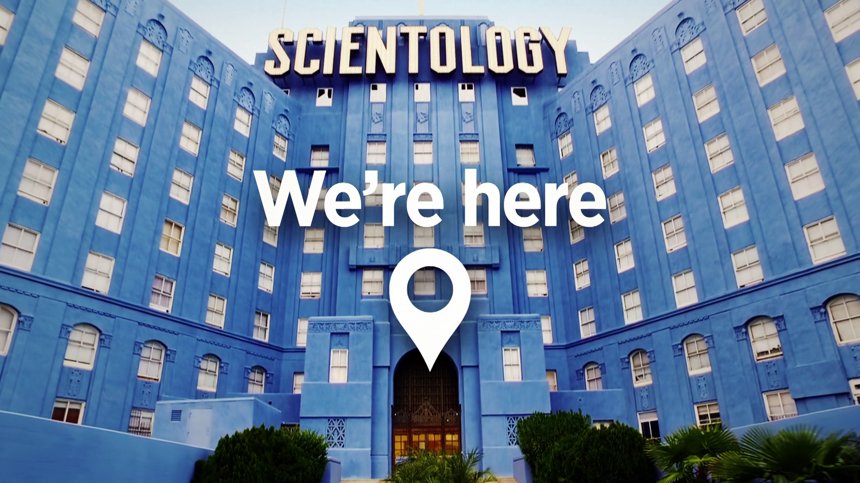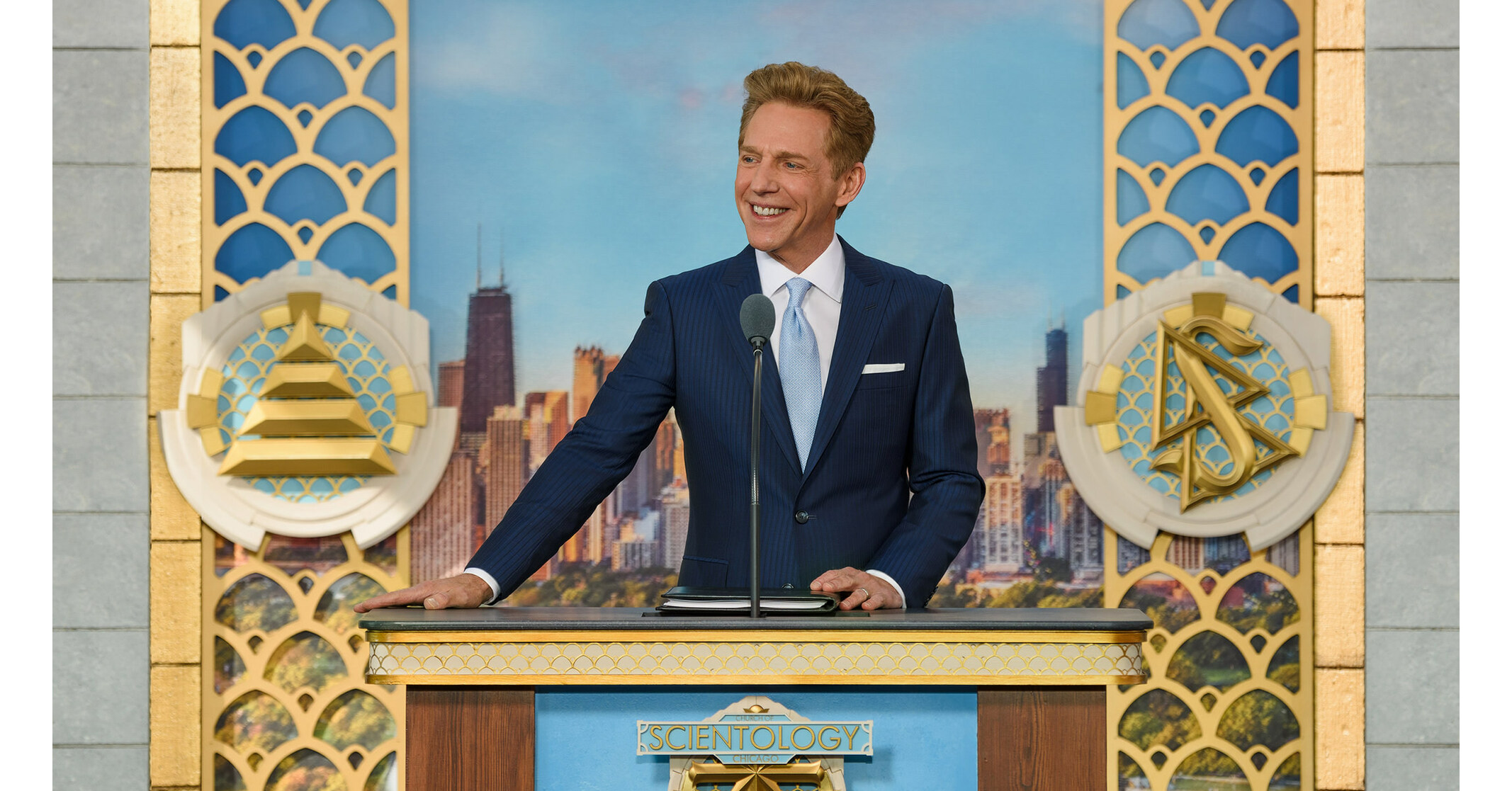Johannesburg North: A Center for Scientology Activities and Outreach
Wiki Article
The Reality About the Church of Scientology Revealed
The Church of Scientology has long been a topic of both fascination and conflict, with its origins going back to the mid-20th century. Founded by scientific research fiction writer L. Ron Hubbard, this spiritual movement has acquired considerable interest for its distinct ideas and methods. Past the surface degree details that several are acquainted with, there exists a much deeper and extra complex web of debates, criticisms, and complexities that lost light on the internal operations of this organization. As we begin to decipher the fact about the Church of Scientology, a clearer image emerges, disclosing a narrative that is as fascinating as it is contentious.Origins and Establishing
The Church of Scientology was started in 1954 by science fiction writer L. Ron Hubbard. Hubbard originally developed a self-help system called Dianetics, which later progressed right into what is now recognized as Scientology. The beginnings of Scientology trace back to Hubbard's dissatisfaction with typical psychotherapy techniques and his idea in the potential for people to conquer previous traumas and achieve spiritual knowledge.Hubbard's mentors centered around the idea of thetans, never-ceasing spiritual beings present in all individuals, and the technique of auditing, a form of therapy targeted at revealing and addressing past traumas (Johannesburg North). These concepts created the structure of Scientology, which Hubbard referred to as a religious beliefs that used a course to self-discovery and individual development
The Church of Scientology rapidly gained followers, with Hubbard establishing the initial main Church of Scientology in Los Angeles. Throughout the years, the organization broadened globally, bring in both devoted fans and critics that elevated issues regarding its methods and ideas. In spite of disputes bordering its techniques and origins, Scientology remains to be a substantial spiritual movement with a presence in various nations around the globe.

Beliefs and Practices
With an emphasis on spiritual enlightenment and individual development, Scientology's methods and beliefs rotate around achieving and revealing previous traumas self-discovery via the principle of thetans and the method of bookkeeping. Thetans, according to Scientology doctrine, are immortal spiritual beings that exist within each person.By doing so, Scientologists think they can achieve spiritual knowledge, boost personal growth, and reach their complete capacity as spiritual beings. The technique of bookkeeping is main to the beliefs and techniques of Scientology, highlighting self-discovery and the search of a higher state of presence.
Objections and disputes
Among public scrutiny and discussion, the Church of Scientology has faced a wide range of objections and debates concerning its methods and effect on society. One considerable factor of contention focuses on the organization's claimed monetary techniques, with allegations of expensive costs for solutions and hostile fundraising methods - Church of Scientology. Critics have likewise elevated issues concerning the Church's stringent ordered structure, which some former members assert fosters a culture of control and controlIn Addition, the Church of Scientology has been subject to extensive objection for its therapy of participants, consisting of claims of forced labor, mental misuse, and the practice of disconnection, where participants are motivated to cut connections with friends and family crucial of the Church. These methods have actually caused various legal challenges and investigations in several nations, casting a shadow over the Church's credibility.
Additionally, the Church's aggressive lawful techniques versus media and movie critics outlets have actually triggered arguments concerning free speech and the restrictions of spiritual protection. These controversies have significantly designed public assumption of the Church of Scientology and continue to sustain ongoing disputes about its authenticity and influence on society.
Management and Structure
Just how does the leadership structure of the Church of Scientology affect its operations and decision-making processes? The Church of Scientology is recognized for its hierarchical leadership model, which is centralized around the authority of its leader, presently David Miscavige. As the Chairman of the Board of the Religious Modern Technology Facility, Miscavige holds substantial power within the company. This centralized management framework permits quick decision-making and regular enforcement of plans across the church's various branches worldwide.At the regional level, Scientology runs with specific churches and objectives, each with its own collection of leaders liable for overseeing operations within their respective areas. These leaders are tasked with implementing the directives stated by the central leadership while also dealing with the certain needs of their parishes.
While this hierarchical framework can make sure and improve operations adherence to the church's doctrines, it has likewise faced objection for prospective abuses of power and absence of transparency. Recognizing the leadership and framework of the Church of Scientology is vital in understanding how the company functions and the characteristics at play within its rankings.
Influence and Influence
What significant results does the management framework of the Church of Scientology carry its members and exterior stakeholders? The hierarchical management framework within the Church of Scientology exerts a profound impact on its participants and exterior stakeholders. Participants are commonly based on rigorous see this website control and tracking, with considerable stress to adhere to the practices and beliefs determined by the leadership. This can result in a loss of individual autonomy and critical thinking abilities, as individuals are anticipated to unquestioningly comply with the directives established forth by the company's leaders (Scientology South Africa).Externally, the Church of Scientology's management structure can have a polarizing impact on stakeholders. While some might be attracted to the organization's charismatic leaders and pledges of self-improvement, others may be cautious of the control exerted over members and the disputes bordering the church. This can lead to a division in public understanding, with some checking out the company favorably and others expressing skepticism or criticism. Generally, the leadership structure of the Church of Scientology plays a considerable duty fit the experiences and perceptions of both participants and exterior stakeholders.
Verdict

The Church of Scientology swiftly acquired fans, with Hubbard establishing the initial official Church of Scientology in Los Angeles.Among public examination and argument, the Church of Scientology has actually dealt with a wide range of criticisms and disputes concerning visit this web-site its practices and effect on society.What considerable results does the leadership framework of the Church of Scientology have on its members and exterior stakeholders? The ordered management structure within the Church of Scientology applies a profound impact on its members and exterior stakeholders. In general, the management structure of the Church of Scientology plays a significant duty in shaping the experiences and assumptions of both participants and external stakeholders.
Report this wiki page